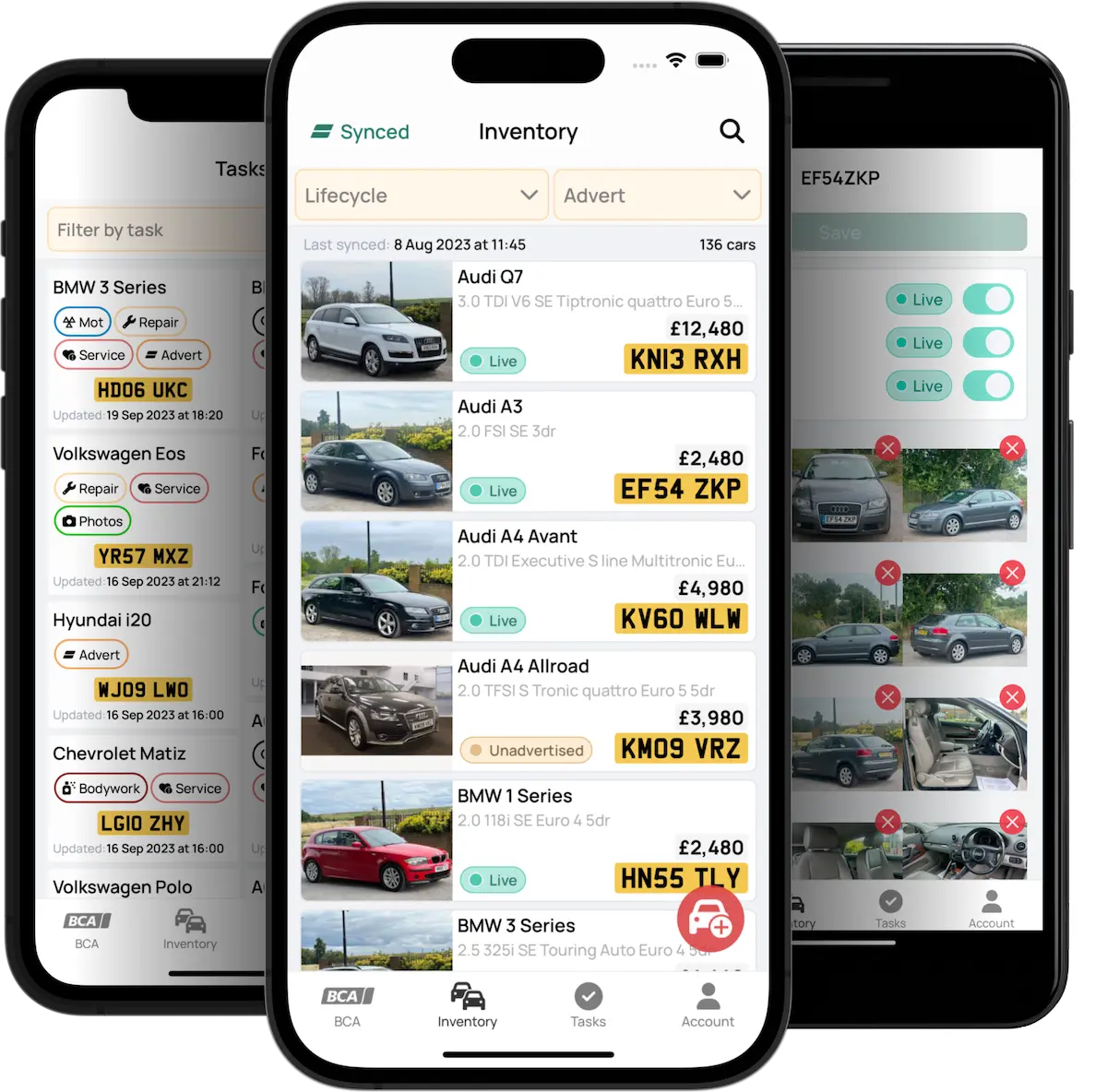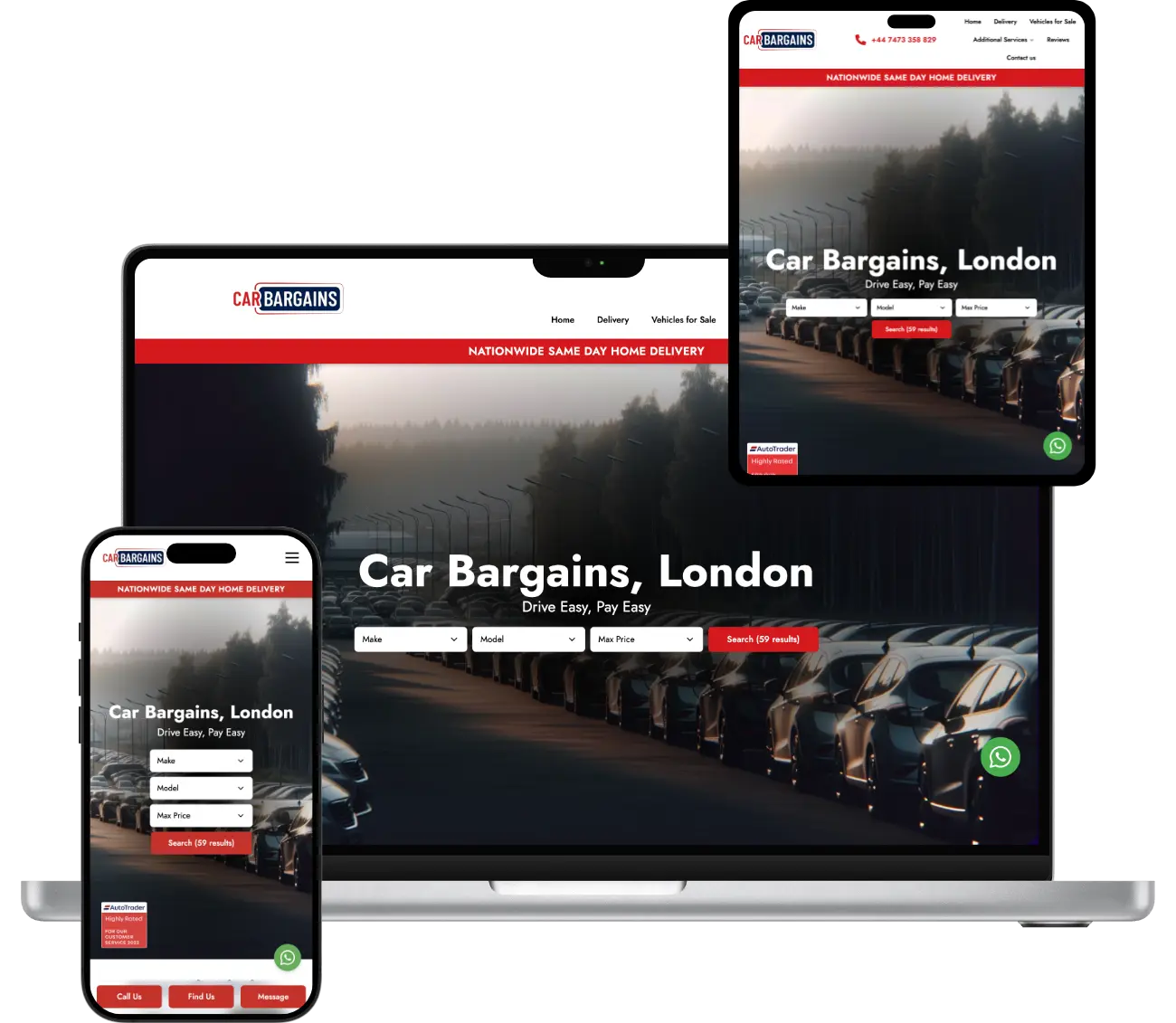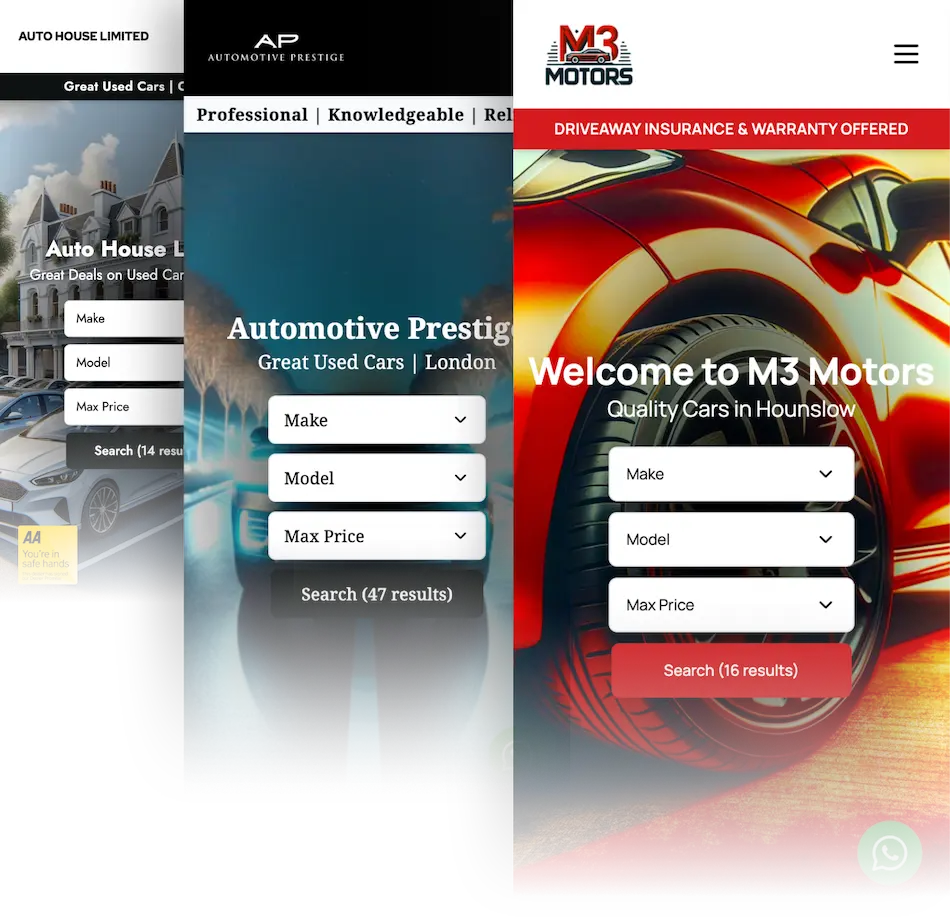How to Handle End-of-Life Vehicles in Your Inventory
Last updated: 17th February, 2024
When managing a vehicle inventory, it is crucial to handle end-of-life vehicles efficiently. As part of our comprehensive digital solutions for car dealerships, DealerPal is committed to helping you optimize your inventory management. In this blog post, we will discuss the importance of handling end-of-life vehicles and provide tips on how to do so effectively.
Understanding End-of-Life Vehicles
End-of-life (EOL) vehicles refer to models that are no longer being manufactured or supported by the manufacturer. These vehicles may still have a market demand, but they typically lack the latest features, safety enhancements, and emission standards. It is essential to handle EOL vehicles carefully to avoid affecting your inventory's overall performance and reputation.
Identifying End-of-Life Vehicles in Your Inventory
DealerPal recommends regularly reviewing your vehicle inventory to identify EOL models. You can do this by checking the manufacturer's website or contacting them directly to verify which models have been discontinued. Once you've identified the EOL vehicles, it is crucial to determine their condition and value.
Strategies for Handling End-of-Life Vehicles
To handle EOL vehicles effectively:
Market Demand Analysis
Conduct market research to understand the demand for EOL vehicles in your area. Analyze customer preferences, competitor pricing, and local regulations to determine whether these vehicles are worth keeping in inventory or not.
Reparation and Renovation
If you decide to keep EOL vehicles in stock, it is essential to prioritize their maintenance and repair. Ensure that all necessary services, including inspections, repairs, and replacements of worn-out parts, are performed promptly.
Pricing and Sales Strategy
Develop a pricing strategy that balances the vehicle's condition, age, and market demand. Consider offering incentives, such as discounts or package deals, to attract buyers.
Disposal Options
In cases where EOL vehicles cannot be sold or serviced efficiently, it is essential to consider disposal options. Partner with reputable dealerships or auction houses to ensure responsible vehicle disposition.
Conclusion
Save 10+ hours per week with our DMS

Sell more with our SEO-mastered retail websites

Branding that'll set you apart from the competition








